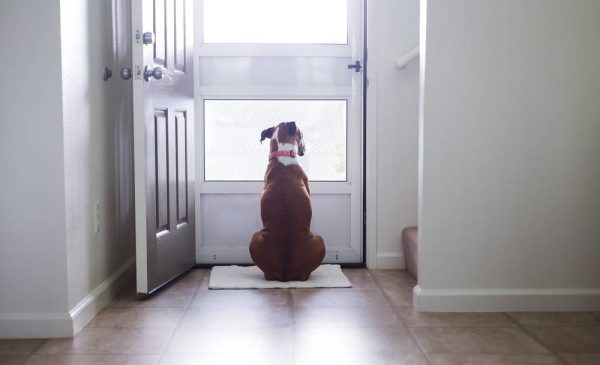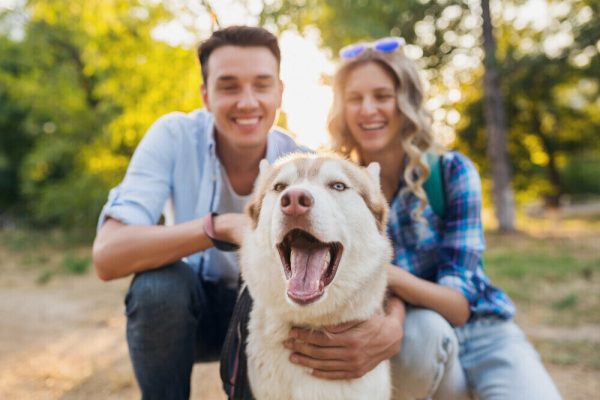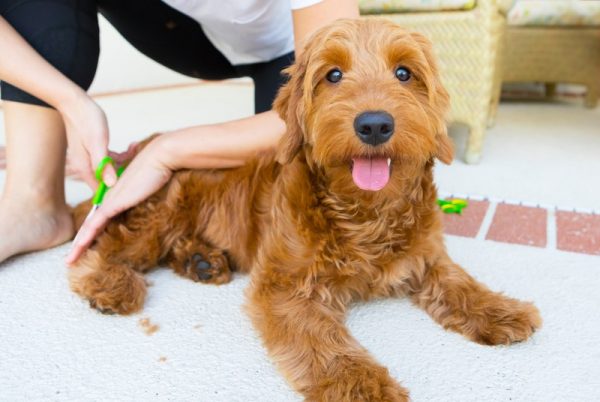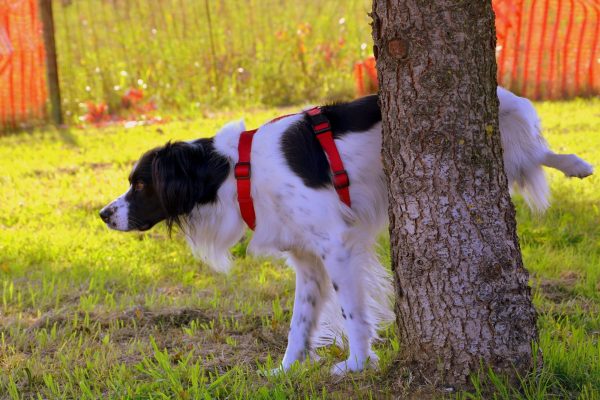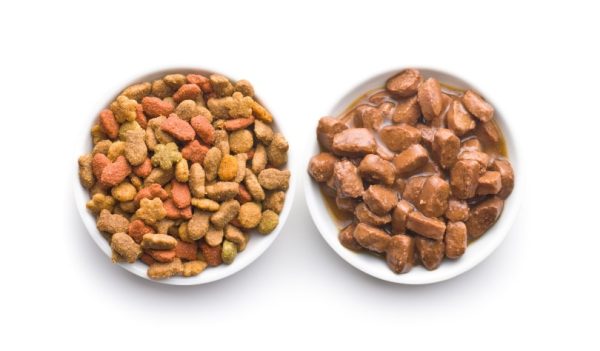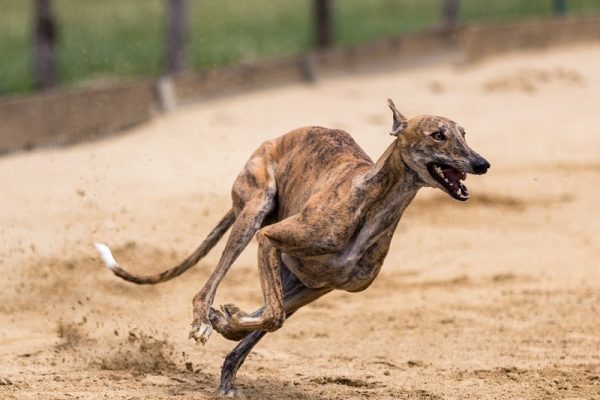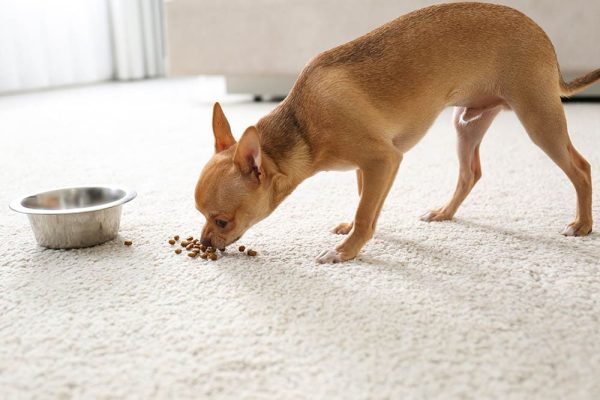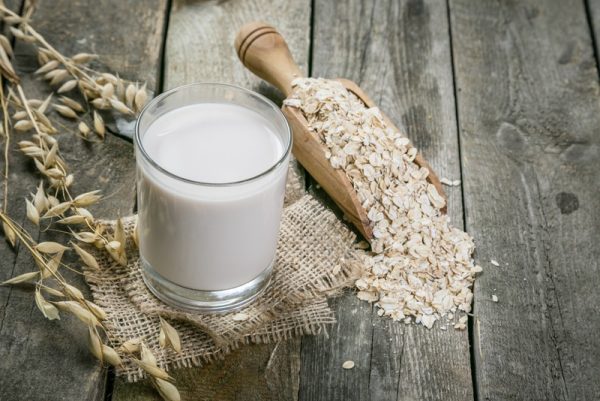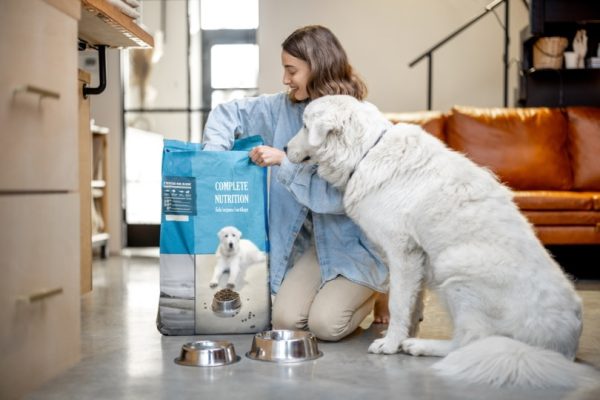If you have cats and are considering adding a dog to your family, it’s common to wonder which breeds are prone to chasing or attacking cats, so you can avoid them in your search. However, with more than 150 breeds to choose from, looking into each one can be extremely tedious.
We’ve scoured the list for you and selected 20 pups that are considered the worst dog breeds for cats and most likely to cause harm even if it’s just an accident due to their size. Keep reading below to learn all about the breeds we’ve selected, what their temperaments are like, and of course, what they look like.

The 20 Worst Dog Breeds for Cats
1. American Pit Bull Terrier
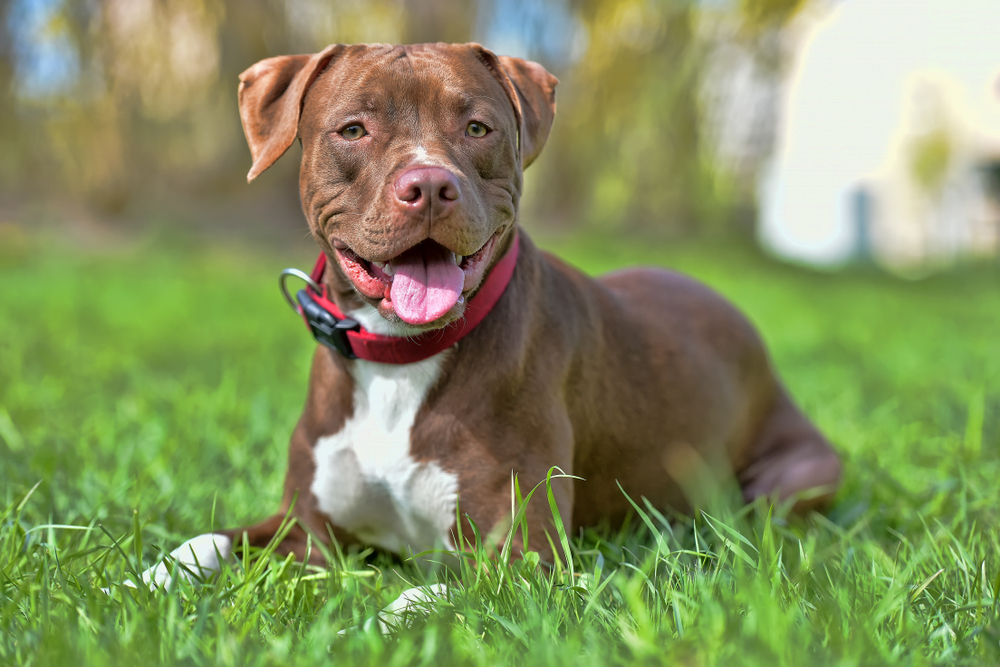
- Loving
- Affectionate
The American Pit Bull Terrier is a muscular dog with a loving and affectionate temperament. However, as terriers, they have a strong prey drive and may choose to chase cats and squirrels around your yard and home. Early socialization can help get your dog used to living with cats, but they are still likely to chase them even if they don’t intend to hurt them.
2. Scottish Deerhound
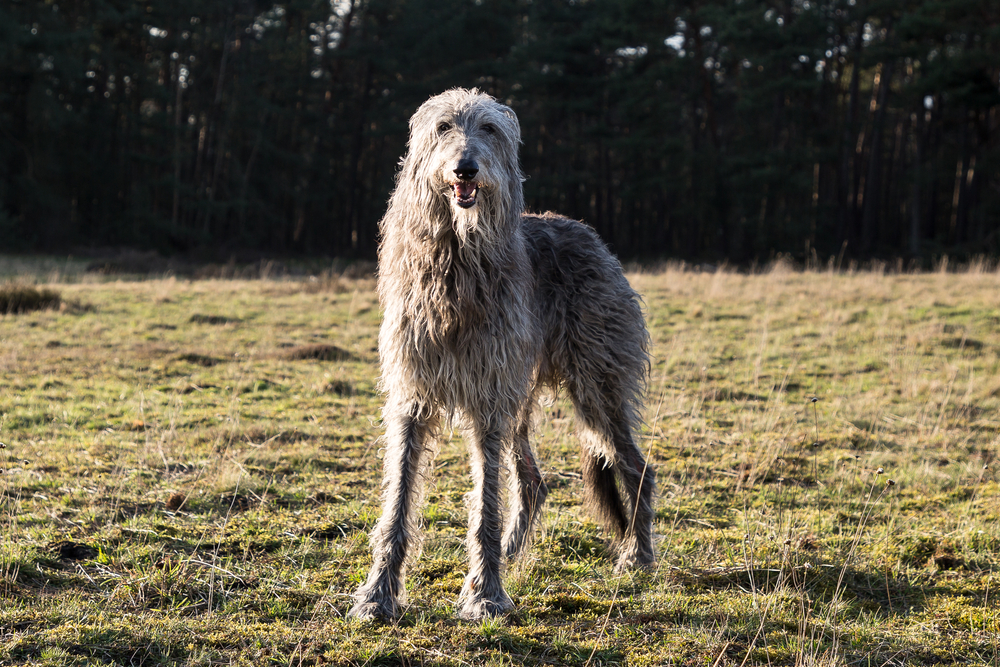
- Dignified
- Docile
- Friendly
The Scottish Deerhound is a hunting dog that owners often use to hunt deer. Unsurprisingly, these dogs have strong gaming instincts and will likely chase after cats and other small animals even if they don’t intend to hurt them. Early socialization can help reduce the risk of injury, but your cat is unlikely to enjoy being chased.
3. Greyhound
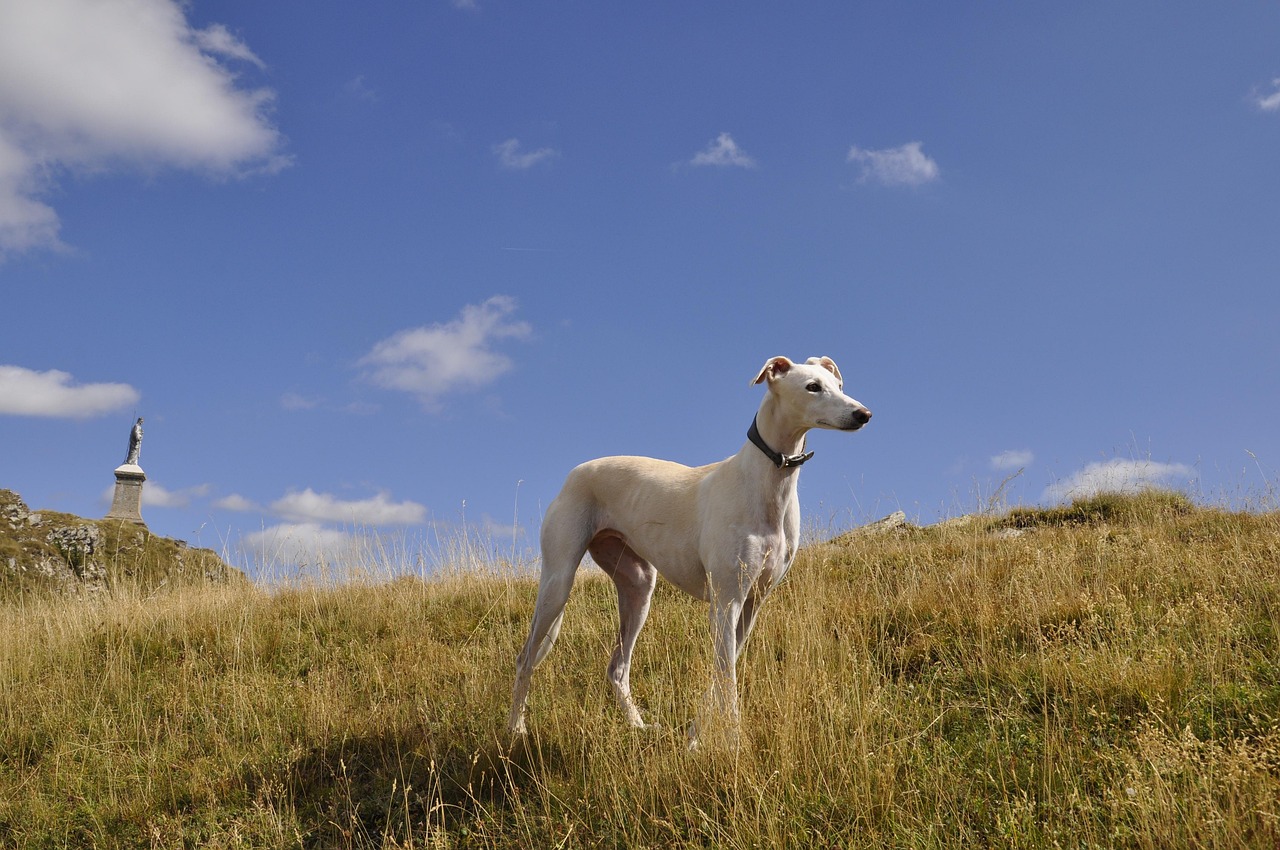
- Intelligent
- Athletic
- Even-tempered
The Greyhound is an extremely fast hunting dog. Since it enjoys the hunt, it is likely to chase your cats, and its size and speed give it an advantage. A Greyhound could be dangerous to have around cats and especially kittens if you weren’t able to socialize it properly as a puppy.
4. Samoyed
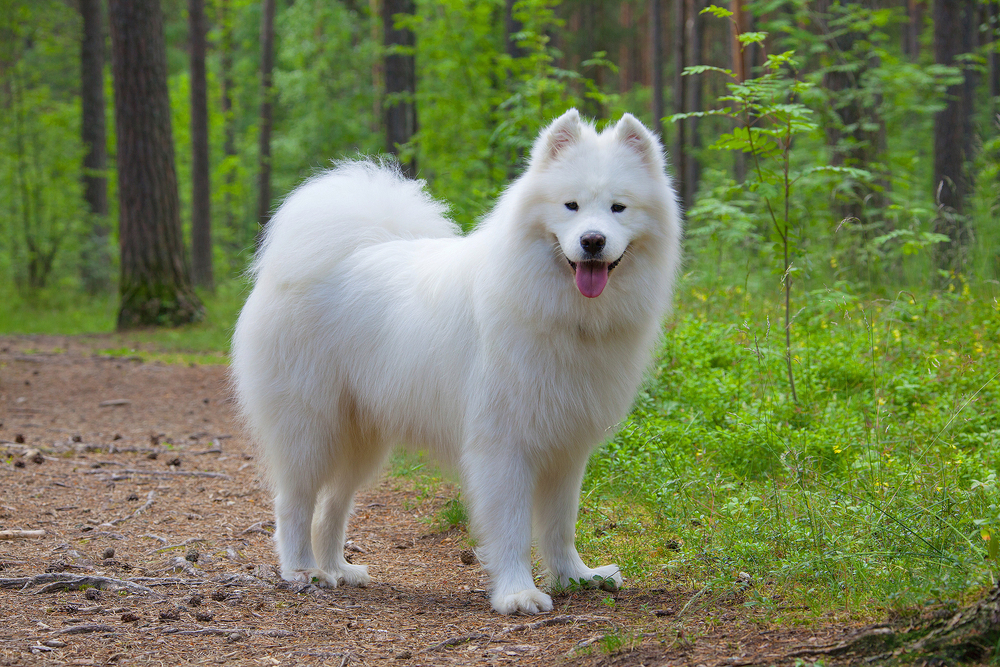
- Alert
- Sociable
- Stubborn
The Samoyed is a medium-sized dog that has facial features that make it appear to be smiling. However, these dogs tend to chase small animals despite their happy face and will likely kill them if they can catch them. This cold weather sled dog likely had to hunt small animals for food in the wild.
5. Bedlington Terrier
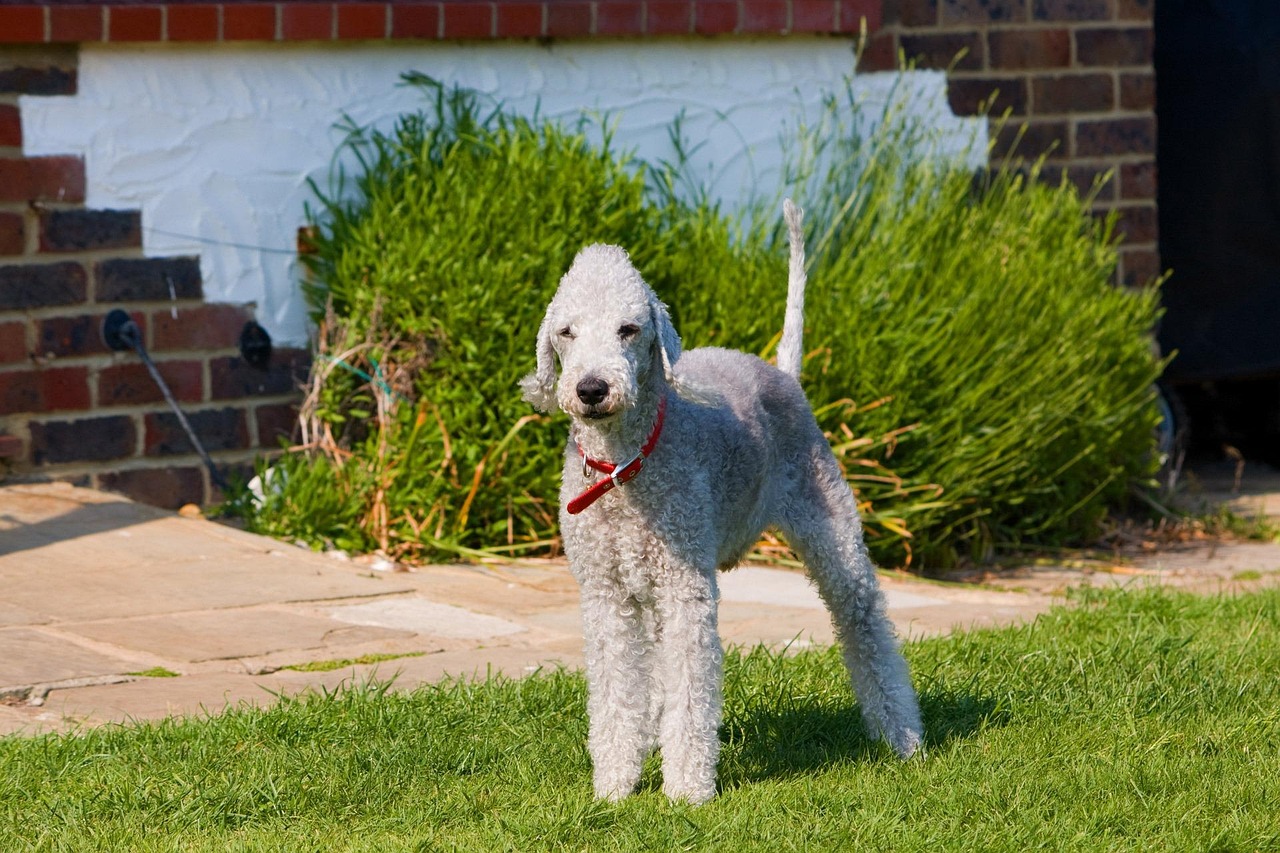
- Alert
- Good-tempered
- Affectionate
Bedlington Terriers are an alert breed, which makes them excellent watchdogs. Unfortunately, this sharp eye over their domain rarely allows intruders like cats to roam free. They will usually chase these animals away even if they have no desire to injure them. This breed will also frequently bark and become aggressive toward other dogs of the same sex.
6. Weimaraner
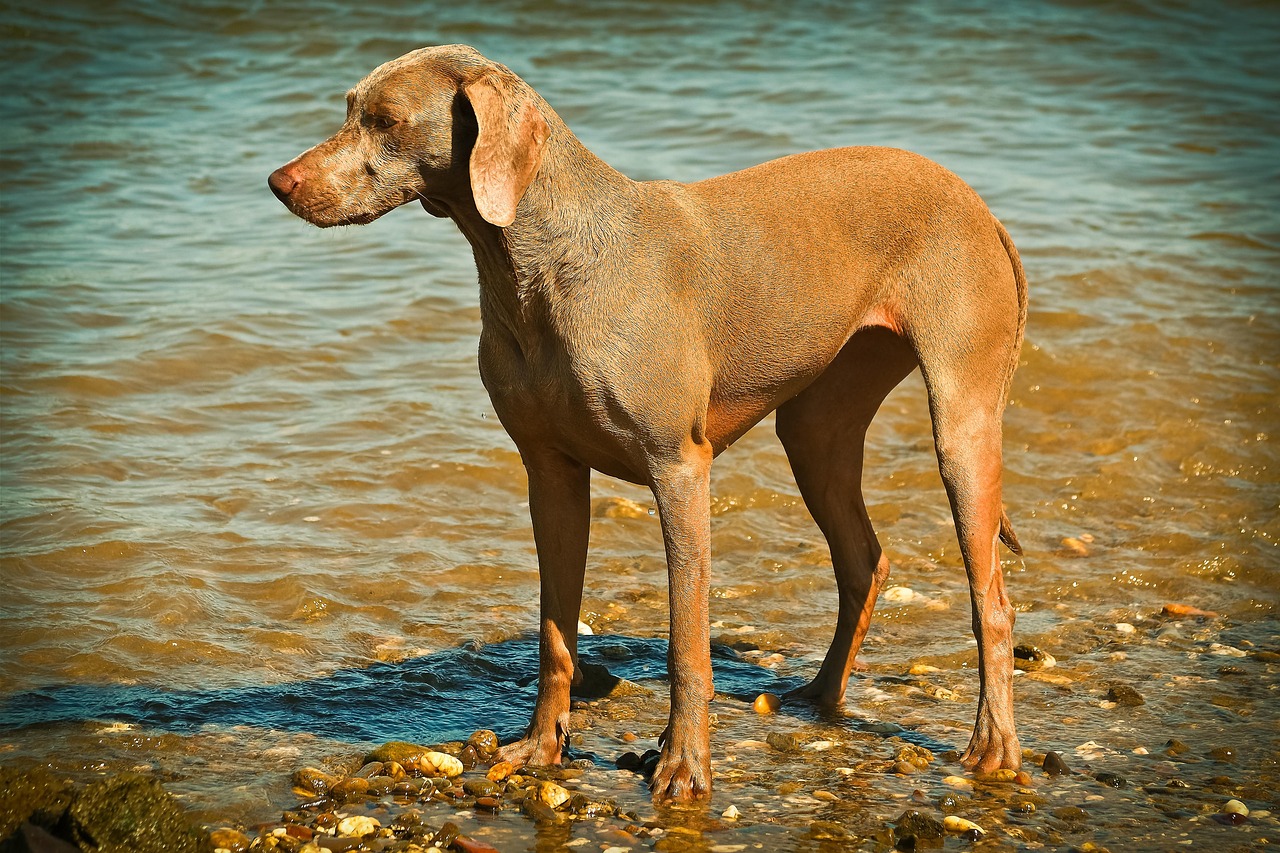
- Powerful
- Alert
- Aloof
The Weimaraner is another large and slender hunting dog. It’s extremely fast and has an instinct to hunt small animals. It will often chase squirrels and rabbits in your yard and will have an impressive number of successes. It will also likely chase your cat, though proper socialization when it’s young can minimize this risk.
7. Beagle
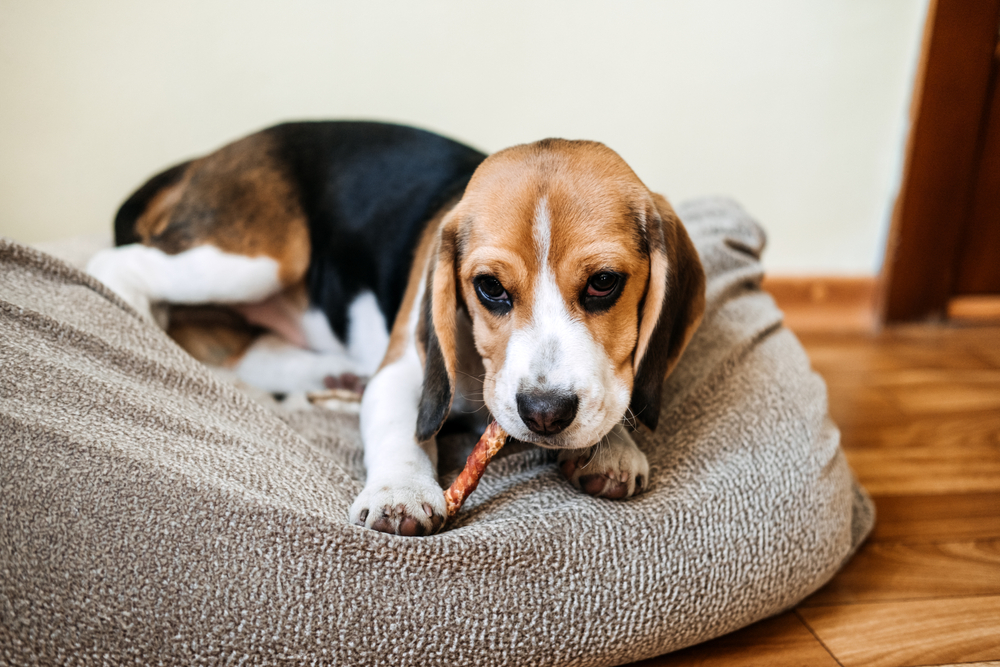
- Intelligent
- Amiable
- Determined
A former hunting dog, the Beagle is a small yet determined breed that may not be as fast as the Greyhound or the Weimaraner, but it can fit in much smaller places, and your cat will have a difficult time finding a hiding place. Once the Beagle has the cat trapped, it’s likely to keep it there and bark until someone comes to see it. This entrapment can put a lot of stress on a cat and send it into permanent hiding.
8. Shih Tzu
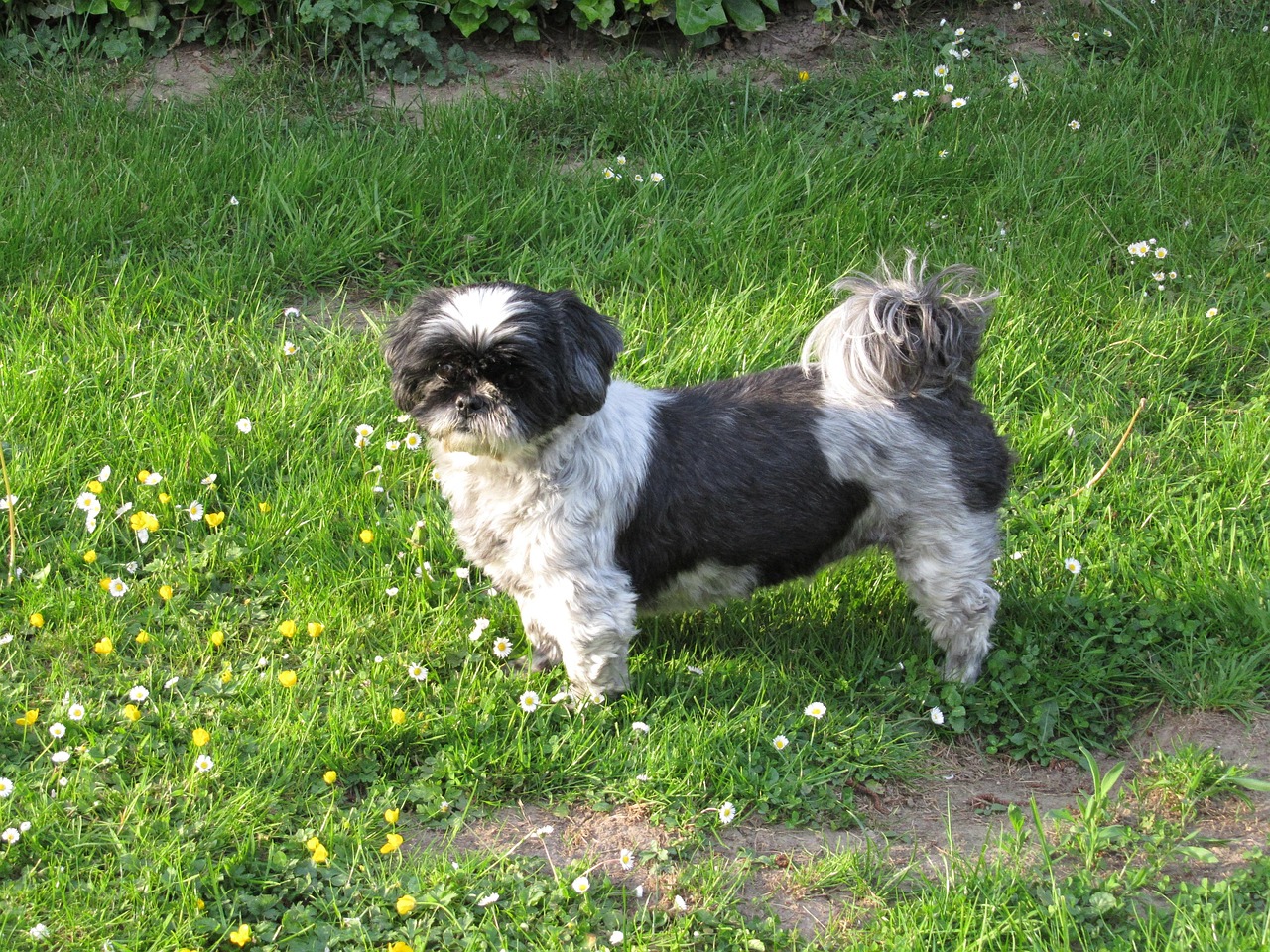
- Independent
- Affectionate
- Playful
The Shih Tzu is another small dog breed that can easily fit into many of the cat’s hiding places, causing it to be a larger threat than you might think. However, unlike the breeds we’ve looked at so far, the motivating factor for aggression in Shih Tzus is jealousy. Shih Tzu dogs like a lot of attention and will not be happy about you petting a cat. It will likely try to chase it away as a result.
9. Schnauzer
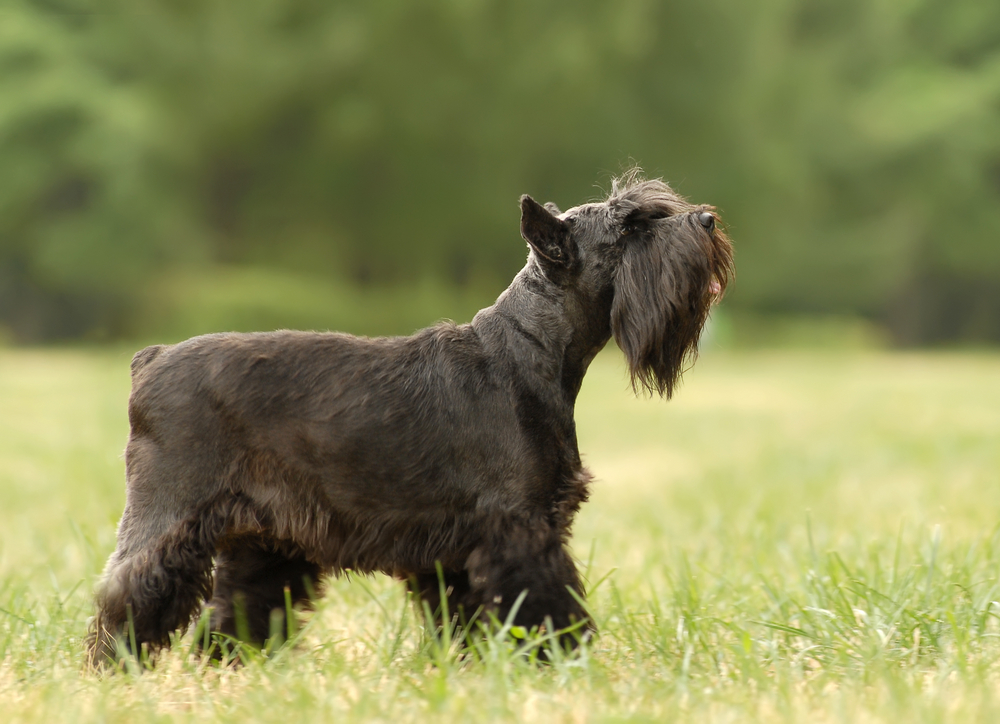
- Affectionate
- High-strung
The Schnauzer is an affectionate but often high-strung breed that also tends to be a bit barky. It makes a great watchdog but will spend a lot of time barking and chasing small yard animals. Fortunately, the rabbits and squirrels tend to get away, but it can add a lot of stress to a house cat. Early socialization can eliminate aggression between pets, but the Schnauzer will likely always chase yard animals.
10. Irish Wolfhound
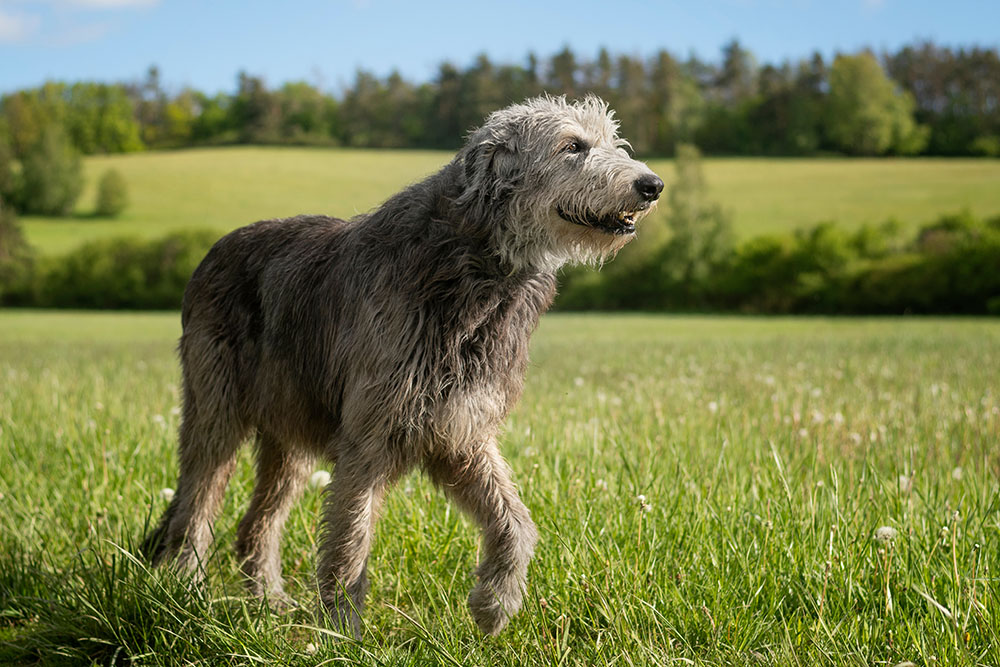
- Patient
- Dignified
- Loyal
Many owners describe Irish Wolfhounds as having unique personalities. It’s a large breed, with many dogs reaching more than 150 pounds, and yet, it can achieve extreme speeds. These dogs get along with house cats but will usually chase after small animals in the yard, and their fast pace can put several in danger.
11. Australian Cattle Dog

- Energetic
- Protective
- Loyal
The Australian Cattle Dog is a medium-sized muscular dog that is extremely fast and has endless energy. This breed will often try to herd your other pets, which can be quite disruptive to them, causing increased tension. The Australian Cattle Dog usually doesn’t become aggressive unless it’s not socialized.
12. Jack Russell Terrier
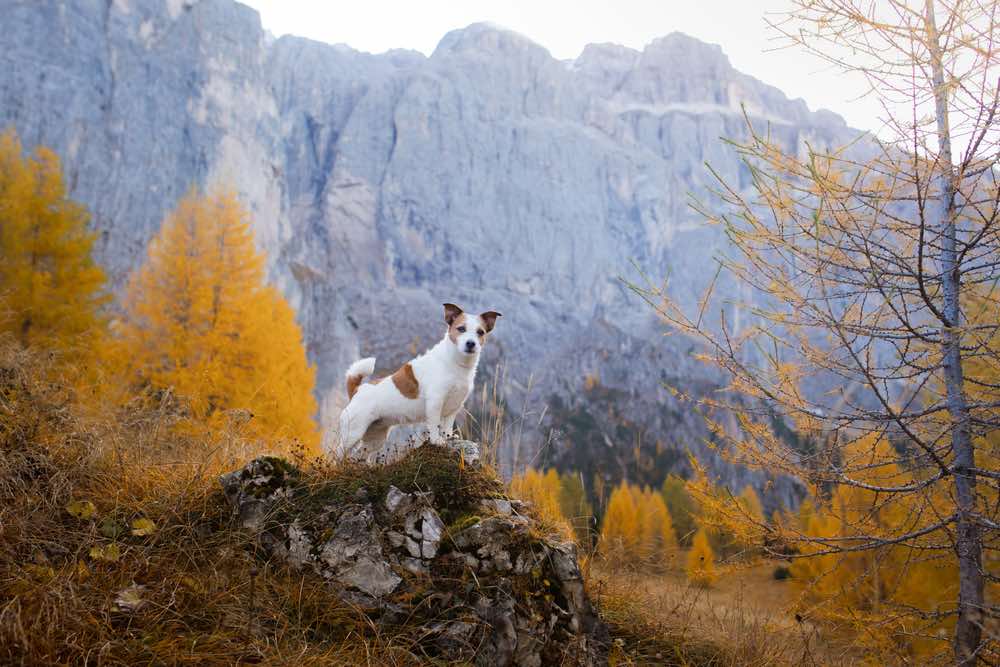
- Energetic
- Stubborn
- Vocal
The Jack Russell Terrier is a small breed with plenty of energy for chasing cats across long distances. It’s very determined and stubborn and can hound a cat it has trapped for several hours. Early socialization will help get the dog used to other pets, but it will likely always chase yard animals.
13. Yorkshire Terrier

- Bold
- Confident
- Courageous
The Yorkshire Terrier is a small barky dog that is quite nosy and will often come running if it notices you are petting the cat. However, early socialization will help them get along peacefully. That being said, small animals in the yard, including cats, are likely to get chased and treated to rapid-fire barking designed to send them on their way.
14. Staffordshire Bull Terrier

- Affectionate
- Bold
- Intelligent
The Staffordshire Bull Terrier is a medium-sized muscular dog similar to a Pit Bull. It’s friendly and protective of its owners, but it has a strong prey drive that will have it chasing after small animals. Early socialization can help your pets cohabitate, but the dog is still likely to chase the cat on occasion.
15. Siberian Husky
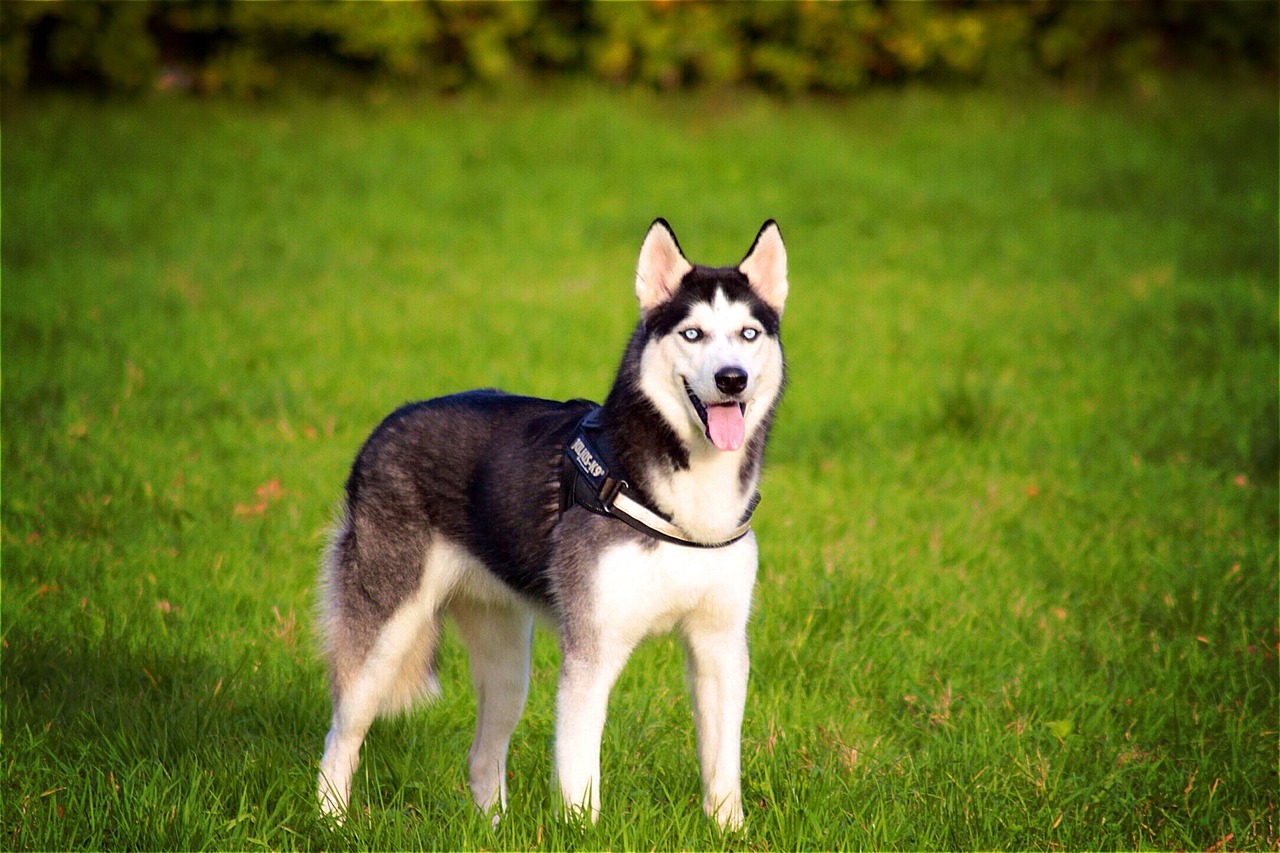
- Alert
- Friendly
- Gentle
The Siberian Husky is another cold-weather dog with a strong prey drive, likely due to its need to find food in the snow-covered wild. These dogs tend to chase any yard animals, but you can train them to get along with other pets by socializing them early. Once the dog is older, it may recognize the cat as food, so it’s likely not worth the risk to bring one home.
16. Afghan Hound
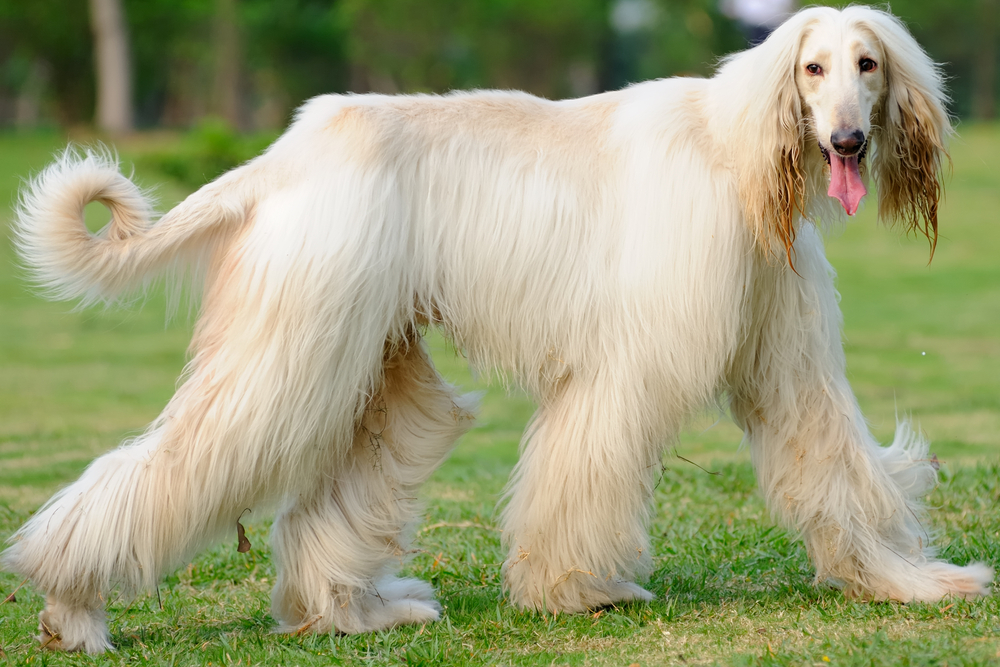
- Independent
- Aloof
- Clownish
The Afghan Hound is a large dog with long hair, but despite its dignified appearance, it’s capable of amazing speeds and will have trouble fighting its instincts to chase small animals, including cats. Its speed makes it especially dangerous, and you will need to supervise your pets as you socialize them closely.
17. Manchester Terrier

- Active
- Alert
- Devoted
The Manchester Terrier is a ratting dog, so it should be no surprise that it not only chases small animals but is good at catching them. Since ratting is in their genes, it won’t be easy to ensure the safety of your cats, even with plenty of early supervision. You will also need to get a good fence to keep animals out of your yard, or this dog is likely to catch them.
18. Schipperke
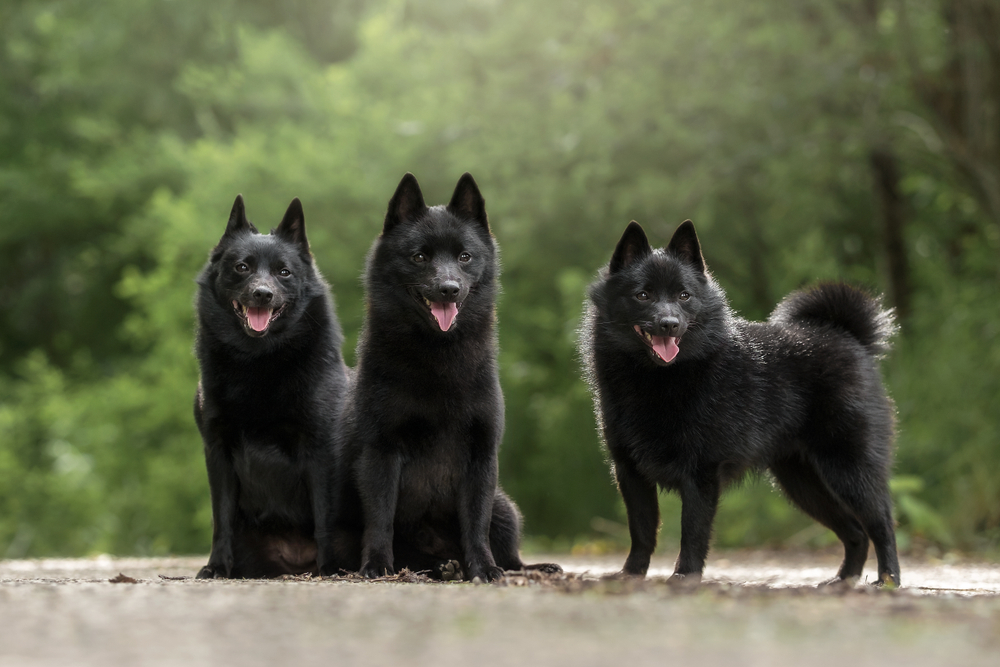
- Agile
- Confident
- Curious
The Schipperke is a smaller-sized dog with a thick, fluffy coat. This dog can get along with your house pets but is very mischievous and can raise the stress level of your cats. It will chase and bark at yard animals but is too small to pose much of a threat.
19. Smooth Fox Terrier
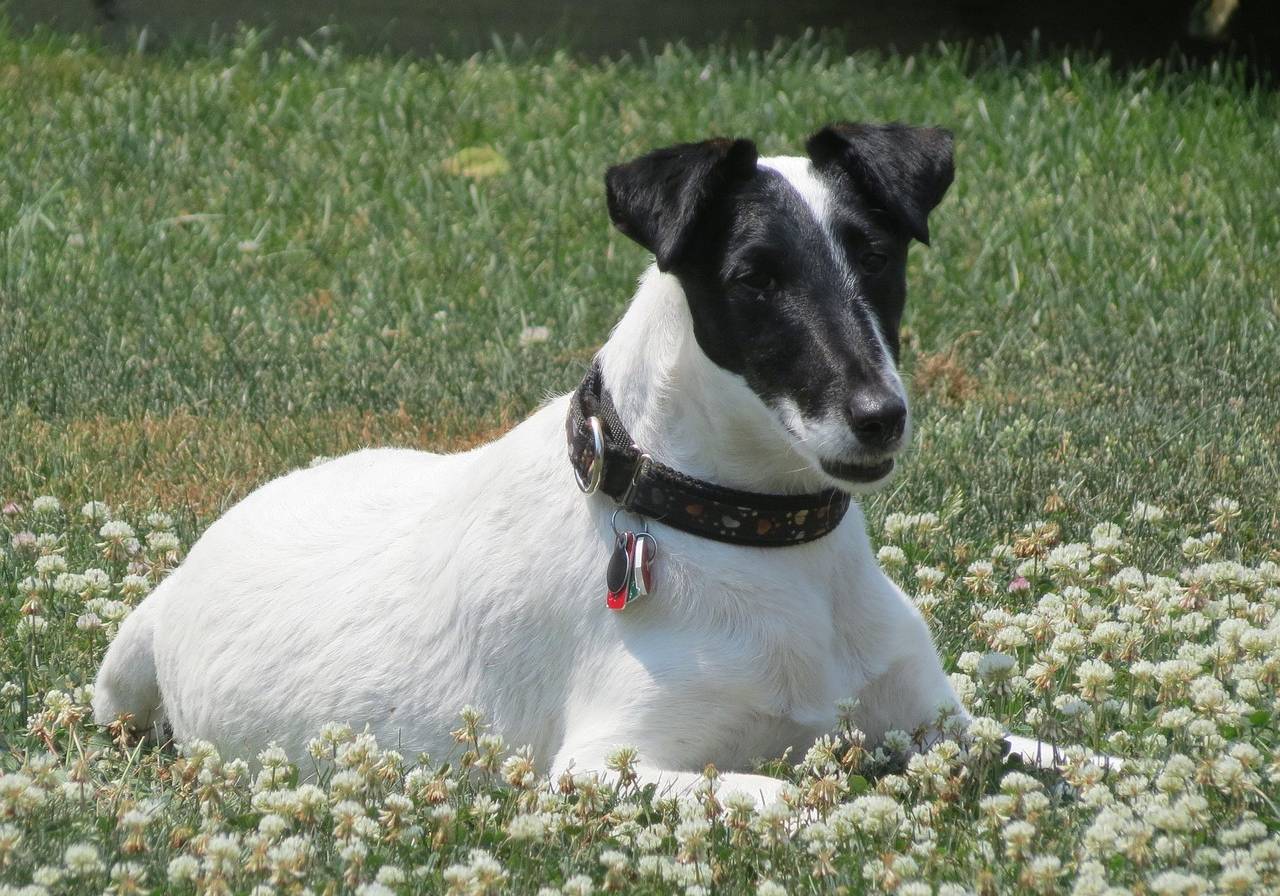
- Active
- Affectionate
- Alert
The Smooth Fox Terrier is a small but active dog. This alert breed will quickly detect and promptly chase any yard animals and will likely chase your cats as a puppy, too. Although, it can become friends with a pet cat through enough socialization. In the yard, you’ll need to watch it because it’s fast, determined, and capable of impressive jumps.
20. Pharaoh Hound
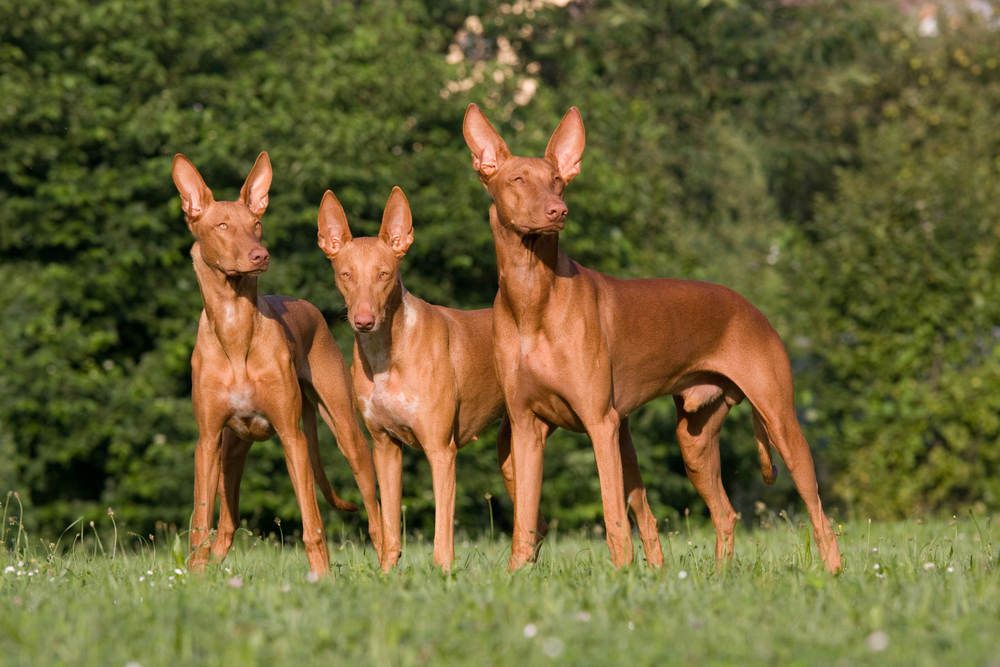
- Loving
- Affectionate
- Playful
The Pharaoh Hound is a popular breed because of its dignified appearance and friendly temperament. However, it can also be stubborn and strong-willed. It often feels strongly about chasing small animals and will ignore your commands while in pursuit, even when it’s an adult. Its fast speed and large size can make it quite dangerous to cats and rabbits.

Conclusion
If you own cats, we highly recommend avoiding the above breeds even though many of them will get along with cats through early socialization. You never know when a basic instinct will kick in, and some of these dogs are so large they can cause injury without meaning to. Even with these 20 eliminated, you still have more than 150 breeds to pick from to locate your next pet. We hope you have enjoyed reading this list and found it entertaining as well as informative.
See Also:
Featured Image Credit: Sari ONeal, Shutterstock


